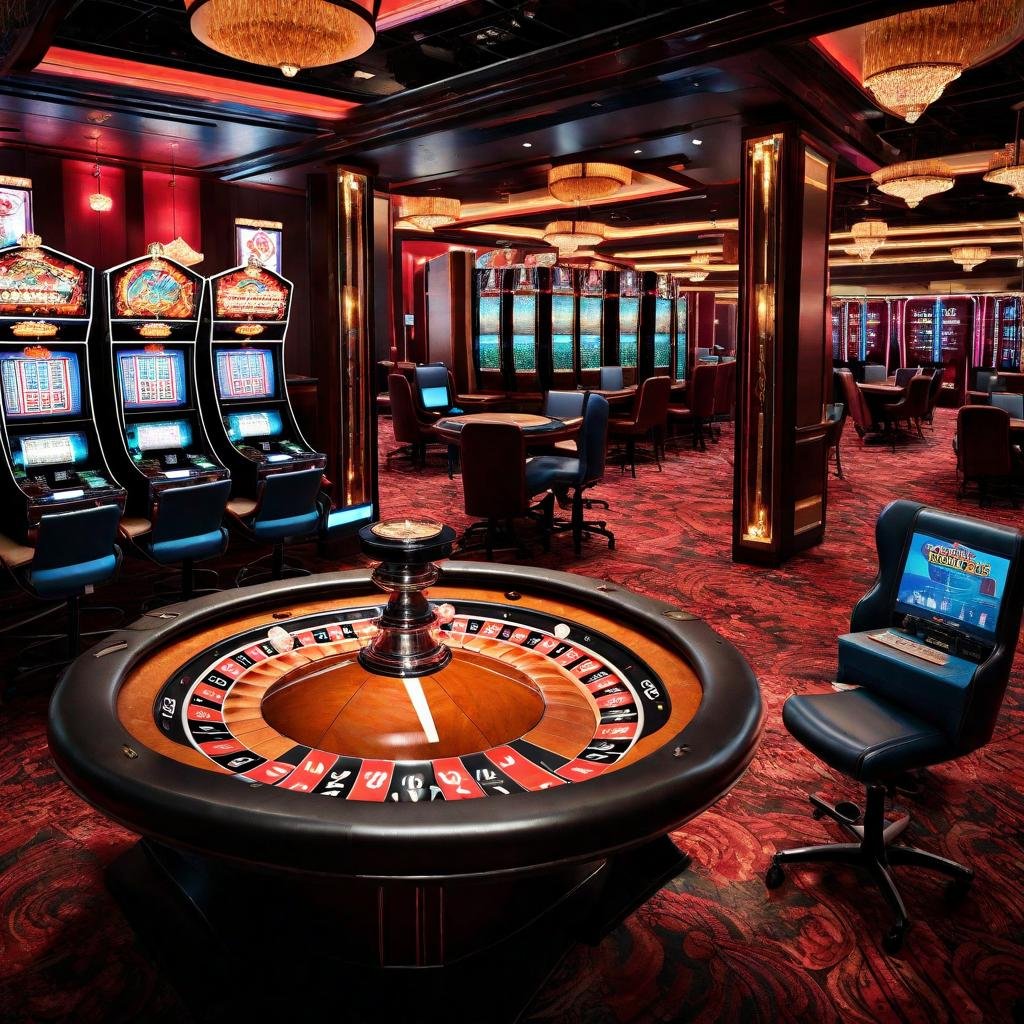Casino games have consistently attracted a diverse audience, providing not only the excitement of risk but also a distinct experience tailored to different player types. Including strategic players who excel at strategic thinking to the casual players seeking entertainment, casinos are aware of the details of their audience and create games that accommodate these diverse interests.
In delving into the world of casino games, we encounter a diverse array of options that attract players of all kinds. Competitive poker tables draw competitive players, while vibrant slot machines attract those seeking immediate satisfaction. Whether it’s the allure of winning big or simply relishing the social atmosphere, casinos tailor their game offerings to ensure that everyone can find their niche that feels comfortable and engaging. Recognizing how these games cater to various player types can enhance not only our appreciation of them but also how we approach selecting which games to play.
Understanding Gamer Types
In the varied world of gaming games, gamers can be categorized into separate types based on their drives and likings. These participant categories range from the casual and communal gamers, who enjoy the enjoyment value and interactive connections that gambling provides, to the more tactical and analytical players, who seek to maximize their odds and profits. Understanding these different categories is essential for casinos to adapt their games and build captivating environments.
One popular kind is the group-oriented player, who sees casino games as a form of social interaction and fun rather than a high-stakes gambling pursuit. These gamers often enjoy games that encourage participation and friendship, such as poker. Their attention is on the experience rather than the conclusion, so lively settings and collective moments are what they hold dear the most.
On the other end of the spectrum, tactical players are driven by competition and the quest of ability. They tend to gravitate toward games that require decision-making and strategy, such as blackjack, where their skills can influence the outcome. Nạp tiền 78WIN This type often involves with the games on a more profound level, utilizing insight and approaches to achieve an edge. Understanding these incentives allows casinos to design environments and game selections that suit to each gamer’s individual preferences.

Strategies for Game Design
Gambling games are created with varied player types in mind, utilizing multiple strategies to draw in and capture them. For casual players, the focus is on simplicity and clarity. Games like slot machines are frequently visually appealing with straightforward mechanics. This allows players to enjoy the experience without a difficult learning curve, fostering an welcoming atmosphere. The vibrant hues, engaging audio, and themes create a playful environment where players can quickly get involved and entertained. 78WIN
For tactical players who enjoy a deeper level of involvement, games such as poker and 21 offer complexity and strategic elements. These games feature strategy and decision-making, appealing to players who thrive on challenge and want to utilize their cognitive abilities. The design of these games often includes intricate rules and mechanics that challenge players to refine their skills and develop strategies over time, creating a rewarding experience for those who appreciate perfecting the game.
Moreover, community-oriented players are considered through games that highlight engagement and community. This comprises live casino options and multiplayer games, which cultivate a sense of community among players. The design of these games often incorporates chat features and communal aspects, allowing players to interact and share experiences. By creating an environment where interaction is encouraged, casinos can effectively involve social players, making the gaming adventure more pleasurable and memorable.
Enhancing Gamer Experience
Gambling games have evolved significantly to offer a significantly immersive experience for participants. Game developers focus on immersive graphics, immersive sound effects, and novel gameplay features that engage gamers into the gaming space. By utilizing technology, such as virtual reality and augmented reality, casinos ensure that participants feel as if they are part of a dynamic experience, enhancing not just the fun of the titles but also the overall satisfaction of being in a gambling venue.
Social interaction is another critical element in improving gamer satisfaction in casino options. Numerous titles are crafted to facilitate communication among gamers, whether through team play or chat features. This interactive component is attractive to participants who enjoy interacting with others while competing, promoting a community vibe community. Moreover, interactive elements can include scoreboards, contests, and prizes for team play, which engage competitive gamers and encourage them to come back for further.
Finally, personalization plays a vital role in tailoring the engagement for different participant categories. Gaming establishments and software designers study player behavior and tastes to present customized game options and benefits. By understanding the distinct tastes of participants, gaming establishments can present personalized deals, incentives, and new game releases that appeal to each participant, thus boosting their total enjoyment and devotion to the betting establishment.